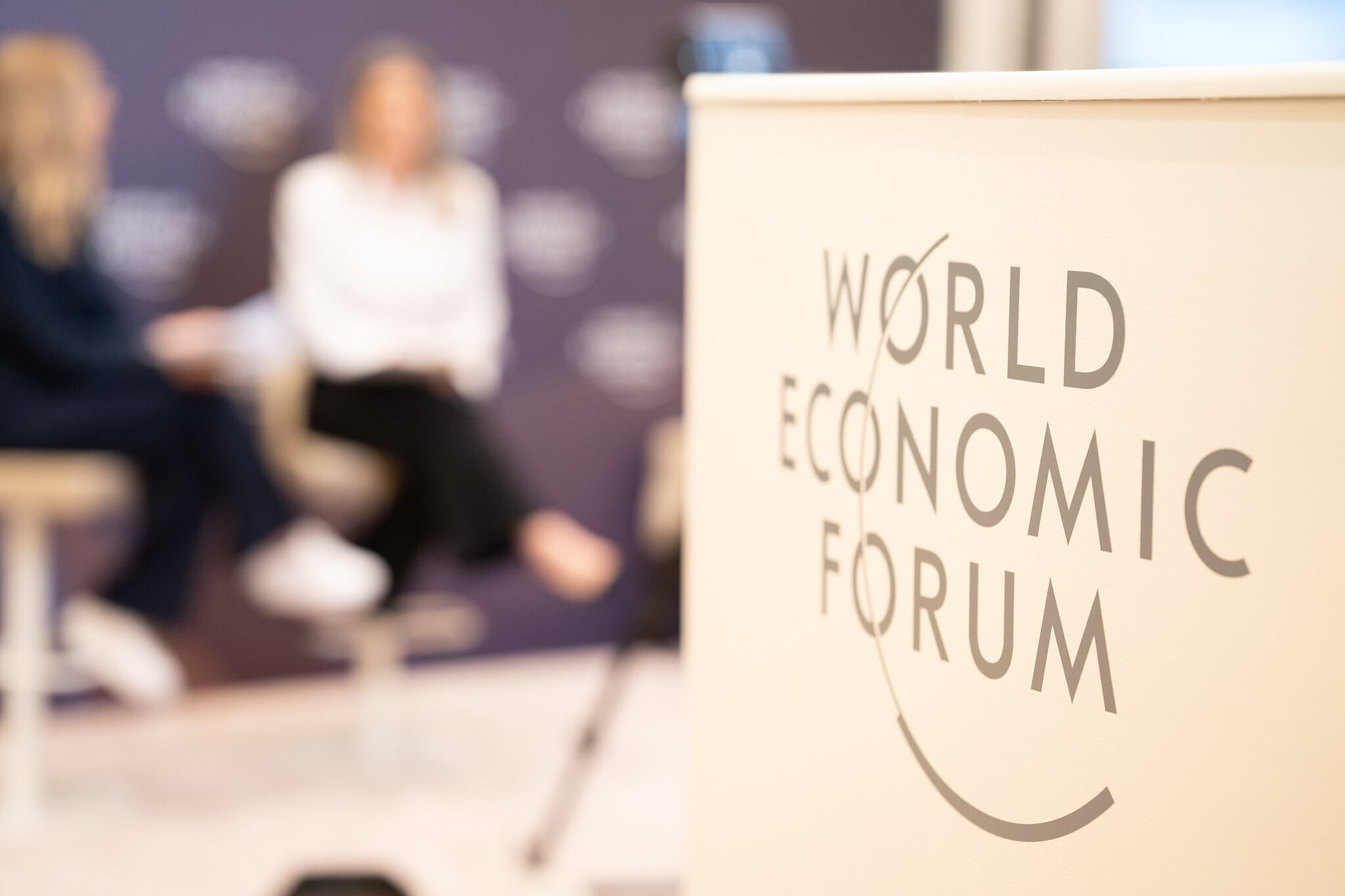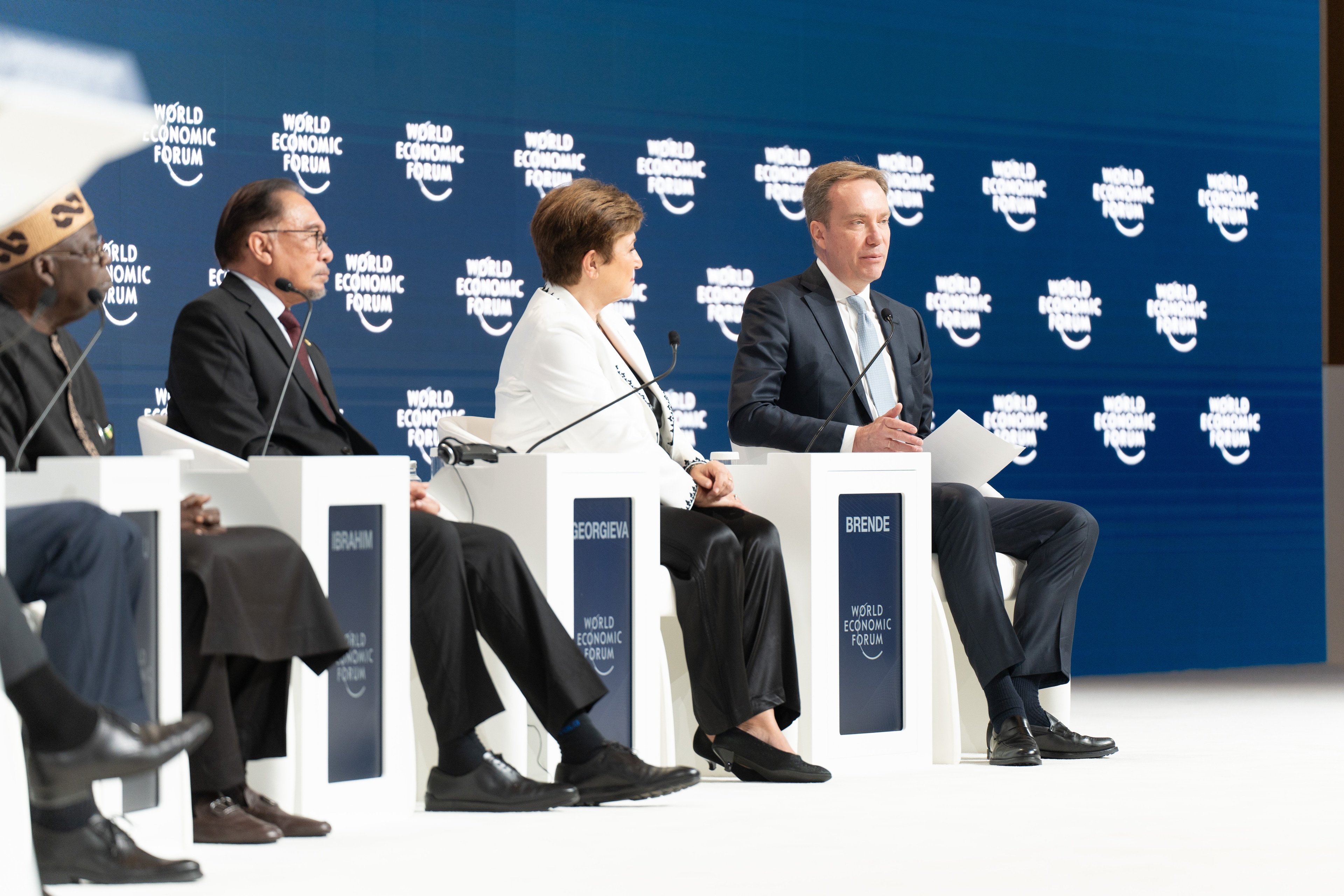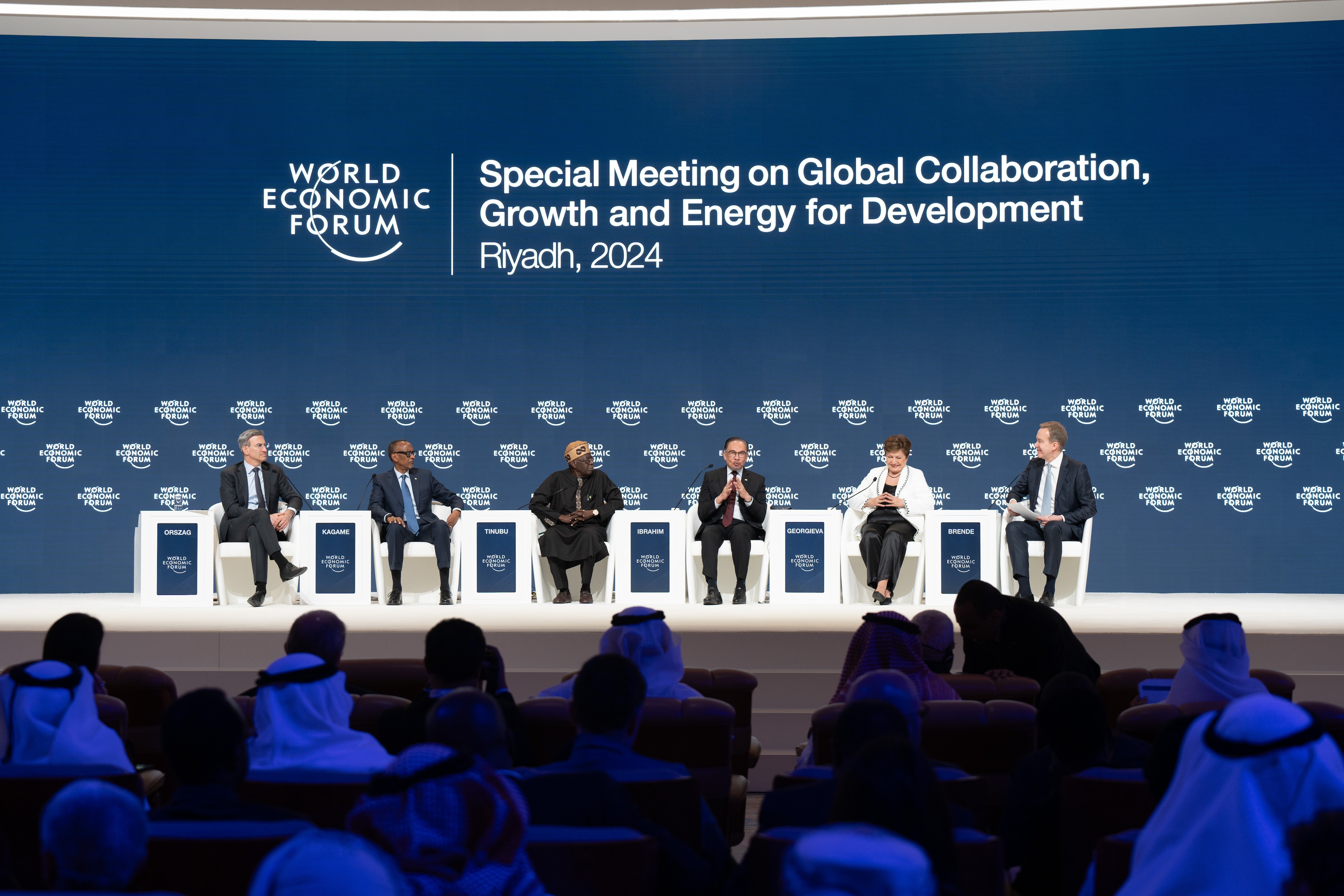Zero-emission delivery is possible for retailers – here's what's needed

IKEA retailer Ingka Group has set a target to scale entirely zero-emission delivery to homes by 2025. Image: Ingka Group

Get involved with our crowdsourced digital platform to deliver impact at scale
Stay up to date:
Net Zero Carbon Cities
Listen to the article
- Last-mile delivery is crucial in corporate climate commitments, such as furnishing company IKEA’s aim to be climate-positive by 2030 and net-zero by 2050.
- The worldwide IKEA franchisor (Inter IKEA Systems B.V.) piloted solar-powered cargo bikes to deliver products in Delft, Netherlands, in line with a commitment from Ingka Group – its largest franchisee – for complete zero-emission delivery to homes by 2025.
- Himanshu Raj, Global Sustainable Mobility Leader at Ingka Group, IKEA’s largest retailer, shares insights on lessons learned from the pilot and how such initiatives could be scaled.
Last-mile delivery is a critical part of any retailer’s logistics. Getting packages to a customer’s home in a cost-effective way can be tricky, whether that customer lives in a rural area or a congested city. Doing it sustainably, with low emissions, is now a crucial part of the journey.
To enable the transition to zero-emission transport in their operations and broader society, Ingka Group, the largest IKEA retailer in 31 countries, set a target in 2018 to make all retail home deliveries by zero-emission vehicles (EV) by 2025. Reducing emissions from transport is important for the IKEA climate commitment, becoming climate-positive by 2030 and net-zero by 2050.
As part of this target, Ingka Group is testing several initiatives and investing in companies to meet its last-mile commitments. In December 2022, the worldwide IKEA franchisor (Inter IKEA Systems B.V.) designed a special pilot deploying solar-powered cargo bikes to deliver products in the bike-friendly city centre of Delft, Netherlands. The pilot taught IKEA how such approaches could be scaled further.
This Q&A, with Himanshu Raj, Ingka Group’s Global Sustainable Mobility Leader, shares lessons learned in tackling zero emission last mile deliveries.
Scaling a good idea
IKEA recently announced it had been using and piloting solar-powered cargo e-bikes. How are these bikes different to typical last-mile delivery vehicles?
Himanshu Raj: The Sunrider cargo bike was tested and trialled at the IKEA store in Delft, Netherlands, to deliver products to customers in the city centre living near the store. With a fully charged battery, the bike has a range of 100 kilometres and the cargo box can hold up to 150 kilogrammes. The battery is autonomously charged by clean solar energy. It cuts carbon dioxide emissions by 95% compared with a diesel-fueled delivery van and by 65-70% compared with other cargo bikes on the market.
What would be needed to scale zero-emission delivery further?
Himanshu Raj: Ingka Group is now evaluating how to implement and use these new e-bikes in some countries. We have found that a key to the success of initiatives such as this is to let each country evaluate and trial based on local market needs and local regulations. There is no one-size-fits-all solution, and we will continue to trial and develop new and innovative solutions.
Investing in innovations and technologies like zero-emission vehicles (BEV/FCEV), digital tools, charging infrastructure and autonomous vehicles is needed to scale up decarbonizing urban freight deliveries in the future.
One thing we have benefitted from is our investments to support our transition to zero-emission delivery. Our investment arm, Ingka Investments, has made several investments in companies. This has included partnering with local last-mile delivery providers in countries like the United States and Canada, where we invested in GoBolt and China with DST. Both these companies use a range of EV fleet vehicles.
How do customers’ needs in different regions and markets impact your vehicles and solutions?
Himanshu Raj: Today, we are using over 30 different solutions depending on needs in the specific region. For example, in parts of Italy and Germany, we deliver to our customers on electric cargo bikes because it is efficient in narrow and congested streets. Cargo bike deliveries are faster, cost-effective and, most importantly, zero-emission. It has flexibility in choosing shorter routes and avoiding delays from searching for parking spaces. We often work with different partners; in Italy, the work is done with a social delivery partner.
Another local example is Australia, where we recently started delivering via electric tuk-tuk to trial and test. These will benefit cities like Sydney, for example, where there can be congested roads. And in Paris, we are delivering via boats on the river Seine. In India, we reach our customers via electric three-wheelers across seven cities, including Mumbai, Bengaluru and Hyderabad.
Do not wait for the perfect solution and start implementing it today. No solution fits all, and it is okay to try and fail.
”What are the main challenges you face regarding sustainable last-mile delivery?
Himanshu Raj: There are some key barriers many retailers face in scaling these initiatives. One key barrier is the lack of an electric vehicle model suitable for our type of products (home furnishing) and technological limitations for our operations with driving range in remote areas and extreme weather conditions. To overcome this, we have decided to collaborate with car manufacturers to support the development of new EVs.
There is also a lack of public charging infrastructure, which needs to be addressed by businesses and governments alike. At IKEA, we are continuously working with different solutions all over the world and we also invest in expanding our own charging infrastructure. Ingka Group now provides access to EV charging stations in all our stores where parking is provided.
Another barrier is limiting regulations, for instance, not allowing delivery drivers in some countries like Sweden to drive EVs under the same conditions as diesel vehicles due to the increased weight of EV battery packs plus delivery loads. We believe in collaborating and working with partners like the World Business Council for Sustainable Development, Climate Group and C40 Cities in ramping up the decarbonizing of transport operations. We call on all industry partners and city and national governments (leaders) to push a decarbonizing transport agenda for a sustainable and healthier future.

Broader mission
Overall – how does Ingka Group (IKEA) work with reducing climate footprint?
Himanshu Raj: As part of our People & Planet Positive strategy, IKEA has committed to becoming climate-positive by 2030 and net-zero by 2050. As the biggest retailer in the IKEA franchisee system, Ingka Group has an important part to play in reducing the IKEA climate footprint.
Key actions include: consuming 100% renewable electricity in our operations; introducing a more plant-based food offer; offering zero emissions home deliveries and EV charging; providing circular services; and enabling and encouraging customers to live more healthy and sustainable lives by offering products and services to support them in living within the boundaries of our planet.
In February 2023, we were pleased to report that Ingka Group had reduced its total climate footprint across our value chain (scope 1, 2 and 3 emissions) by 13.6% from our baseline financial year 2016.
Tell us how the “zero emission delivery” target has impacted delivery since it was made.
Himanshu Raj: More than 1,200 EVs are now running in 150 locations globally. Already in 2019, Shanghai became the first city where 100% of our home deliveries are transported by EV vehicles and today, we have 100% zero-emission home deliveries in 17 cities, including Amsterdam, Vienna, Glasgow, Nice, Oslo, Shanghai and nine other major cities in China.
Regarding larger vehicles, we are amongst the first movers. This also includes forklift trucks and shunting trucks used in our operations. We require all new vehicles to be zero emission or electric wherever feasible.
When Ingka becomes entirely zero-emission for delivery in 2025, how will it be different?
Himanshu Raj: As per various technical studies, demand for urban last-mile delivery is expected to grow by 78% by 2030, leading to 36% more delivery vehicles in the world’s top 100 cities. We are working towards 100% zero emission delivery in 2025 because it aligns with our vision to create a better everyday life for many people. It supports the creation of cleaner cities and, in the long term, lowers costs. It’s also essential to provide a good service and remain relevant for customers; we need to meet them where they are and that’s in the cities.
If other companies want to do zero-emission delivery, what advice would you give them to help them be successful?
Himanshu Raj: Do not wait for the perfect solution and start implementing it today. No solution fits all, and it is okay to try and fail. Effective collaboration is the key [and] finding the right partners for your local needs. As a global set-up, we cannot move at the same pace everywhere. Scale up where you can with impact and continue pushing the barriers in other markets. So keep innovating and moving.
Don't miss any update on this topic
Create a free account and access your personalized content collection with our latest publications and analyses.
License and Republishing
World Economic Forum articles may be republished in accordance with the Creative Commons Attribution-NonCommercial-NoDerivatives 4.0 International Public License, and in accordance with our Terms of Use.
The views expressed in this article are those of the author alone and not the World Economic Forum.
Related topics:
The Agenda Weekly
A weekly update of the most important issues driving the global agenda
You can unsubscribe at any time using the link in our emails. For more details, review our privacy policy.
More on Forum InstitutionalSee all
Maroun Kairouz
May 3, 2024
Gayle Markovitz
April 28, 2024
Gayle Markovitz
April 27, 2024
Mirek Dušek and Maroun Kairouz
April 27, 2024
Kate Whiting
April 26, 2024
Spencer Feingold and Gayle Markovitz
April 19, 2024






